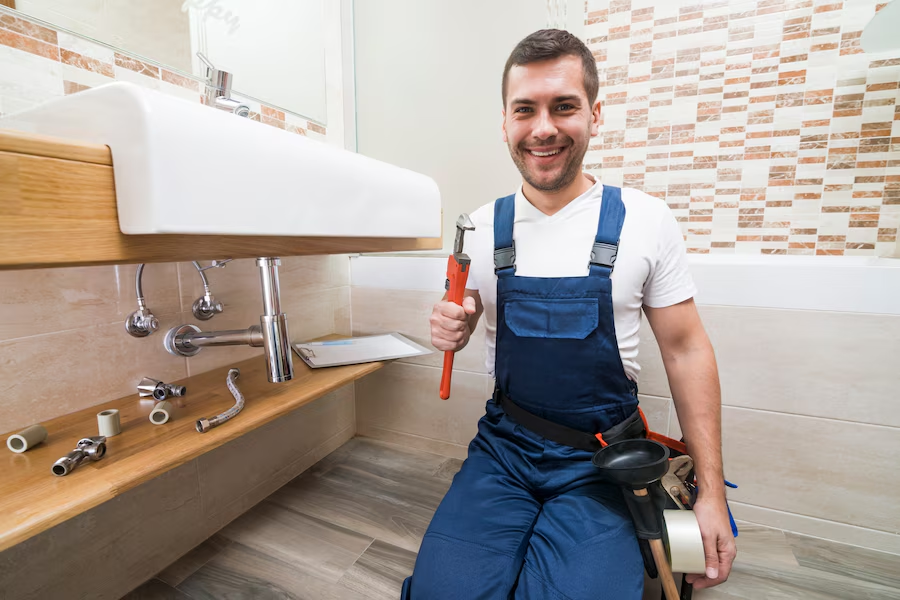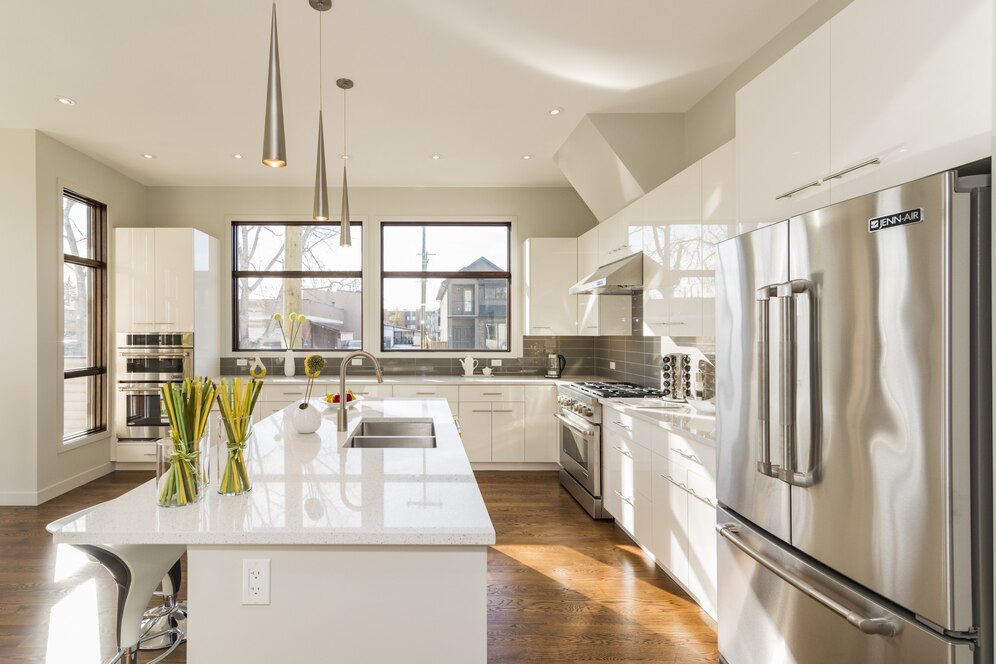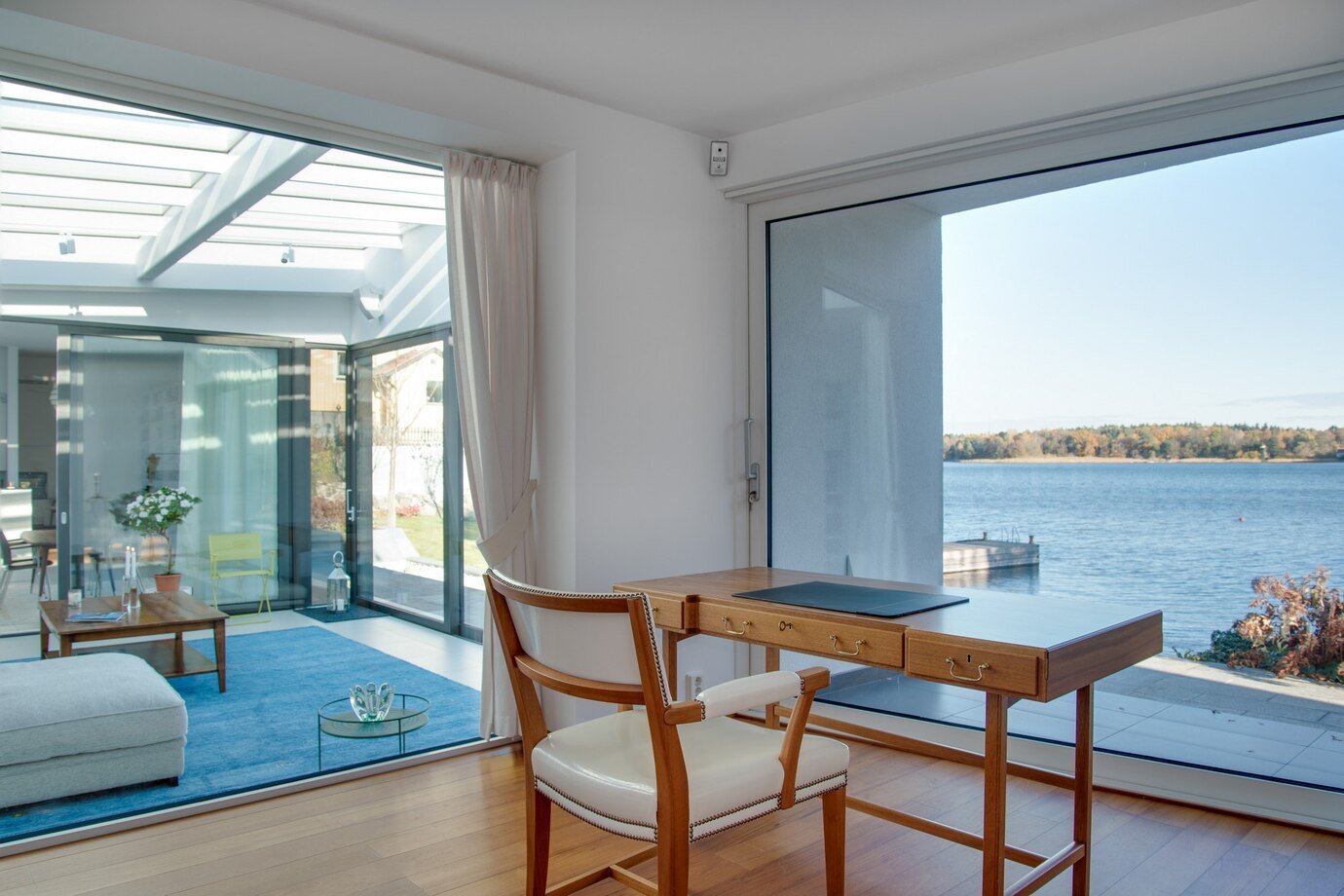When thinking about home improvement projects, plumbing may not always be top of mind. However, upgrading your home’s plumbing system can make a significant difference in both efficiency and property value. Small but impactful plumbing upgrades not only save you money on water bills but can also add modern appeal to your home.
In this article, we’ll dive into practical plumbing upgrades that are easy to implement, improve water efficiency, and add long-term value to your home.
Why Upgrade Your Plumbing?
You might wonder, “Why should I invest in upgrading my plumbing?” The answer is simple—an efficient plumbing system can save water, energy, and even protect your home from potential damage. Older plumbing systems are prone to leaks, corrosion, and inefficiencies that result in wasted water and higher utility bills. By upgrading to modern plumbing solutions, homeowners can reduce waste, lower costs, and avoid expensive repairs down the line.
Plus, if you’re thinking of selling your home in the future, plumbing upgrades can be a selling point that adds value to your property. Buyers are more likely to be interested in homes with updated systems that are efficient and eco-friendly.
Install Water-Efficient Fixtures
One of the simplest ways to improve your home’s plumbing is by installing water-efficient fixtures. These are designed to use less water while maintaining strong water flow. Over time, this small upgrade can lead to significant savings on your water bill.
Here are a few options to consider:
- Low-flow faucets and showerheads: These fixtures use less water by controlling the flow rate, but you won’t even notice the difference during use. Low-flow showerheads, for example, can reduce water usage by up to 50% without sacrificing water pressure.
- Dual-flush toilets: These toilets offer two flushing options—one for liquid waste and one for solid waste. This allows you to control how much water is used with each flush, which helps save water.
- Water-efficient dishwashers and washing machines: Appliances with high water-efficiency ratings use significantly less water than older models. Upgrading these can make a big difference in your overall water consumption.
By upgrading to water-efficient fixtures, you’ll not only reduce your water usage but also lower your monthly utility costs. In addition, these eco-friendly improvements make your home more appealing to future buyers.
Replace Old Pipes with Modern Materials
If your home has older pipes, particularly if they are made of galvanized steel or iron, you may want to consider replacing them with more modern, durable materials. Over time, old pipes can corrode and become less efficient, leading to low water pressure and leaks.
Here are some modern materials to consider for your plumbing upgrades:
- PEX (cross-linked polyethylene): This material is flexible, durable, and resistant to corrosion. It’s easy to install and is a great option for repiping older homes.
- Copper: Copper pipes are long-lasting, resistant to bacteria, and handle both hot and cold water well. Though more expensive than some other materials, copper is a reliable choice for long-term plumbing solutions.
- PVC and CPVC: These plastic materials are cost-effective and easy to install. They are commonly used in modern plumbing systems and can replace older metal pipes.
Upgrading your home’s pipes may not be the most glamorous home improvement project, but it can make a huge difference in terms of water quality, pressure, and the overall lifespan of your plumbing system.
Consider a Tankless Water Heater
If your home still uses a traditional water heater with a tank, switching to a tankless water heater can be a great upgrade. Traditional water heaters continuously heat water stored in the tank, which leads to energy waste and higher utility bills. A tankless water heater, on the other hand, heats water on demand, using less energy overall.

Here are the main benefits of a tankless water heater:
- Energy efficiency: Tankless water heaters only heat water when you need it, reducing the energy required to maintain a constant supply of hot water.
- Space-saving design: Without the need for a large tank, tankless water heaters take up less space in your home, making them ideal for smaller spaces or utility closets.
- Endless hot water: Since water is heated on demand, you’ll never run out of hot water, no matter how many showers or loads of laundry you have.
By installing a tankless water heater, you can lower your energy bills, save space, and enjoy the convenience of an endless supply of hot water.
Add Insulation to Your Pipes
Pipe insulation is a small but effective upgrade that can make your plumbing system more efficient. Insulating your pipes helps maintain the temperature of hot water as it travels through your home’s plumbing system, reducing the amount of energy needed to heat water.
In colder climates, insulating pipes also helps prevent freezing, which can cause pipes to burst and lead to water damage. By adding insulation, you’re not only improving energy efficiency but also protecting your home from potential plumbing disasters.
Pipe insulation is a relatively inexpensive upgrade, and you can easily install it yourself or hire a plumber to handle it. This simple improvement can result in energy savings and protect your pipes in the long run.
Install a Whole-House Water Filtration System
A whole-house water filtration system is an excellent investment for homeowners who want to improve the quality of their water supply. This system filters water as it enters your home, ensuring that all water used for drinking, cooking, and bathing is clean and free of contaminants.
Benefits of a whole-house water filtration system include:
- Improved water quality: Filters remove harmful chemicals, sediments, and minerals that can affect the taste, smell, and quality of your water.
- Healthier water: By filtering out impurities, you reduce exposure to potential contaminants, making your water safer for drinking and bathing.
- Protects appliances: Hard water, which contains high levels of minerals like calcium and magnesium, can cause buildup in your appliances. A filtration system prevents this, extending the life of your water heater, dishwasher, and washing machine.
Installing a whole-house filtration system is a great way to ensure that your plumbing system is providing clean, healthy water throughout your home. It also adds value to your home by offering an additional feature that appeals to buyers.
Smart Plumbing Technology: The Future of Water Management
Smart home technology has made its way into the world of plumbing, offering new ways for homeowners to monitor and control their water usage. By incorporating smart plumbing devices, you can improve water efficiency, detect leaks early, and even reduce the risk of water damage.
Here are some smart plumbing upgrades to consider:
- Smart leak detectors: These devices can be installed near water heaters, washing machines, and under sinks to detect leaks early. If a leak is detected, the system will alert you via your smartphone, allowing you to take action before any damage occurs.
- Smart water meters: A smart water meter tracks your water usage in real time, providing detailed insights into your daily water consumption. This information can help you identify areas where you can reduce waste and save money.
- Automatic shut-off valves: In the event of a major leak, an automatic shut-off valve can stop the water flow to prevent flooding. This is particularly useful if you’re away from home when a leak occurs.
Investing in smart plumbing technology allows you to take control of your home’s water system, making it more efficient and reducing the chances of costly repairs.
Conclusion: Upgrading Your Plumbing is a Smart Investment
When it comes to home improvement, plumbing upgrades may not always be the most exciting projects, but they can have a lasting impact on your home’s efficiency and value. From installing water-efficient fixtures to upgrading your pipes and adding smart technology, these changes can save water, reduce utility bills, and protect your home from potential damage.
Whether you’re looking to enhance the comfort of your home or increase its resale value, plumbing upgrades are a worthwhile investment. With these tips, you can ensure your home’s plumbing system is modern, efficient, and built to last.





